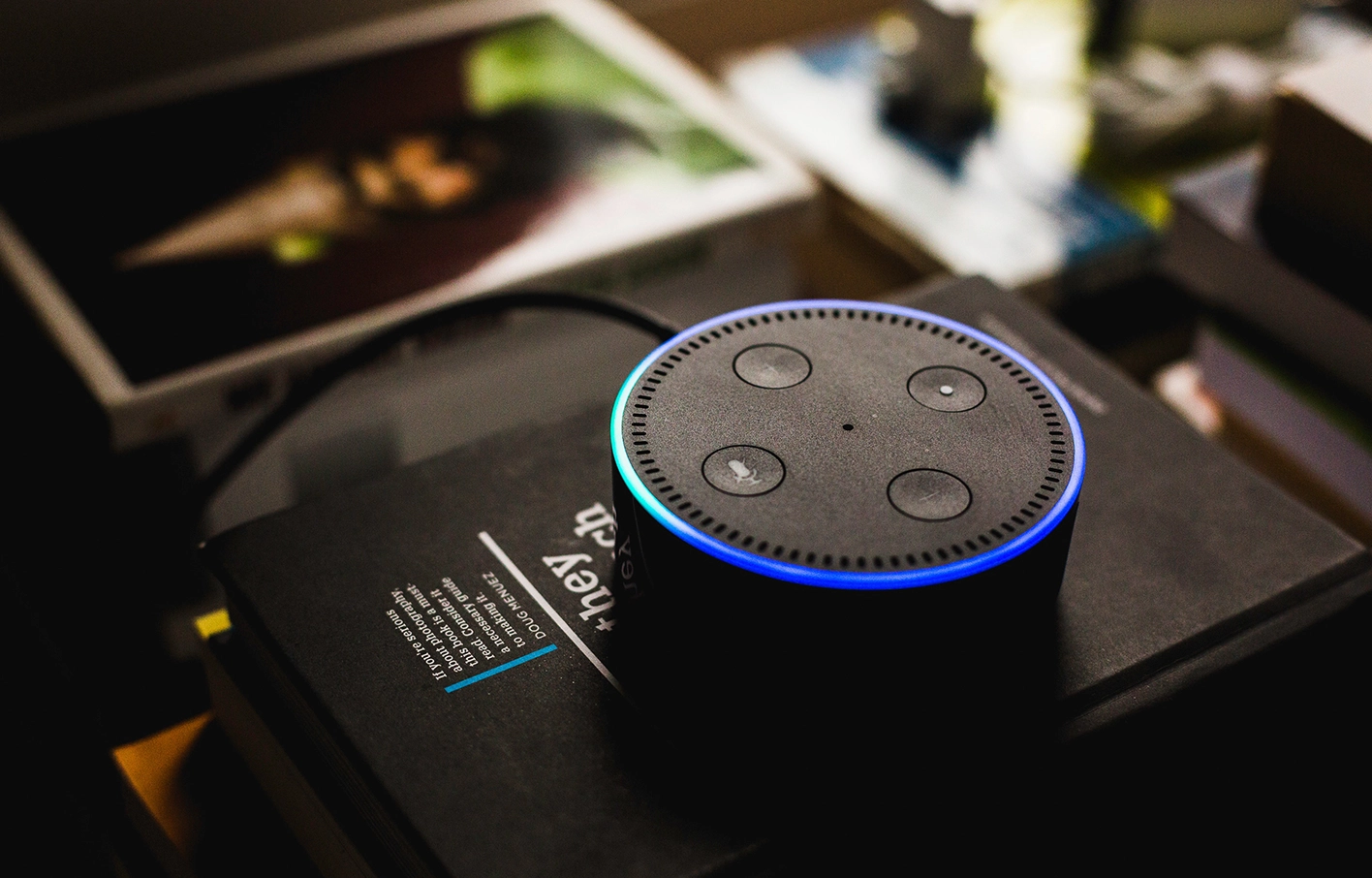
Oregon acts as concern for IoT connected device security grows
There’s a growing concern amongst US consumers and businesses on the level of security embedded within web-connected devices, such as voice assistants and security cameras.
With IoT devices becoming more prevalent in households and businesses throughout the US, Congress is seeing increasing calls to act.
This month Oregon House of Representatives have decided to follow California’s lead by passing a bill that requires internet of things devices to include ‘reasonable’ security features. California passed a similar internet of things security bill in 2018.
The bill means each IoT device will need to be shipped with a default password, requiring new users to authenticate before accessing the device.
Whilst largely supported, many argue that a complicated mix of state legislation is not what companies or consumers need and so calls continue to be made for an agreed federal standard.
A further concern is the need to get the security levels right according to the device and the environment it is operating – passwords do not present a high security means of authenticating access to IoT devices.
For a web-connected doorbell, washing machine or fridge password authentication offers an adequate level of security, however for more sensitive devices, particularly industrial internet of things (IIoT) devices, a more robust means of authentication is necessary.
At Intercede we are working with leading manufacturers around the world to integrate best-in-class two-factor authentication that locks down IIoT devices so they can only be accessed by authorised personnel.
Find out more about digital identities.


